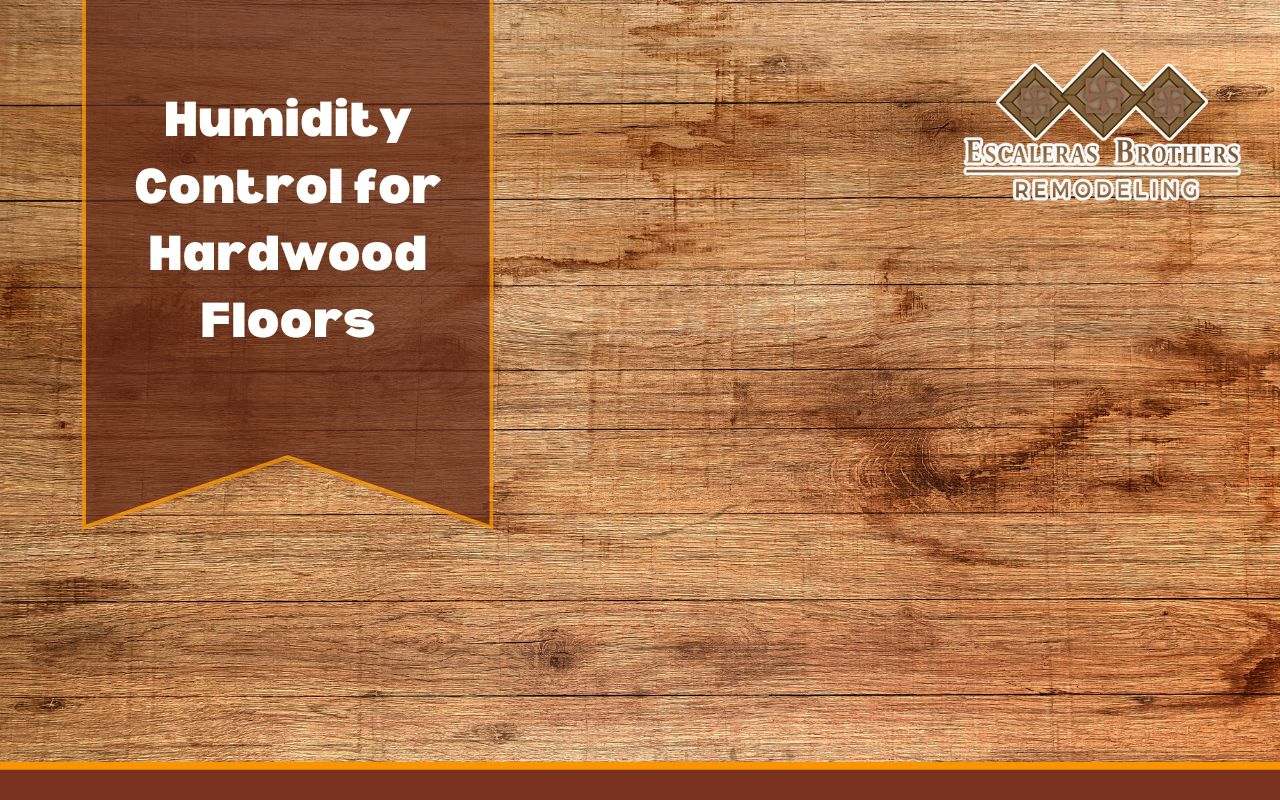
Humidity control is one of the most crucial factors in maintaining the beauty and integrity of your hardwood floors. In places like Glenolden, PA, where the seasons bring drastic changes in humidity, managing moisture is key to preventing warping, gaps, and cracks in your wood. This post will explain why humidity matters and how you can control it for long-lasting floors.
Why Humidity Affects Hardwood Floors
Seasonal Changes and Their Impact on Wood
Wood naturally expands and contracts with changes in humidity, which can cause significant damage over time. In the winter, when indoor air is drier, the wood can shrink and develop gaps between planks. In the summer, excess moisture can cause the wood to swell and warp.
- Winter Effects: Low humidity causes wood to shrink and crack.
- Summer Effects: High humidity can lead to warping and buckling.
The Role of Relative Humidity in Floor Care
To prevent these issues, the ideal relative humidity for hardwood floors is between 30% and 50%. Maintaining this level of moisture helps keep your floors stable throughout the year.
- Dry Air: Use humidifiers to increase humidity in the winter.
- Moist Air: Dehumidifiers can help manage moisture in the summer months.
Tips for Managing Humidity Around Your Hardwood Floors
Use a Humidifier in the Winter
During colder months, indoor air becomes dry, which can damage your floors. Running a humidifier in the rooms with hardwood floors can help maintain the proper moisture levels. This simple step helps prevent your floors from shrinking and cracking.
- Placement: Place humidifiers in high-traffic areas or where humidity is lowest.
- Regular Monitoring: Use a hygrometer to monitor the humidity levels in your home.
Dehumidifiers for Summer
When summer brings high humidity, your hardwood floors can swell or buckle if they absorb too much moisture. A dehumidifier can help reduce the excess moisture in the air, keeping your floors stable and intact.
- Placement: Set up dehumidifiers in areas with poor ventilation.
- Balance: Aim for 40-45% humidity during warmer months.
Ensure Proper Ventilation
Good airflow can help regulate humidity levels. Make sure your home is well-ventilated, especially in areas like basements and bathrooms where humidity tends to build up.
- Ventilation Tips: Open windows on dry days or use exhaust fans to control moisture.
- Airflow Devices: Consider using fans to circulate air in areas with poor ventilation.
Take Control of Humidity for Healthy Floors
Managing humidity is essential for keeping your hardwood floors looking great for years. By using humidifiers, dehumidifiers, and proper ventilation, you can protect your floors from the effects of seasonal changes. Need help with your floors? Contact us for professional guidance on humidity control and floor care!

